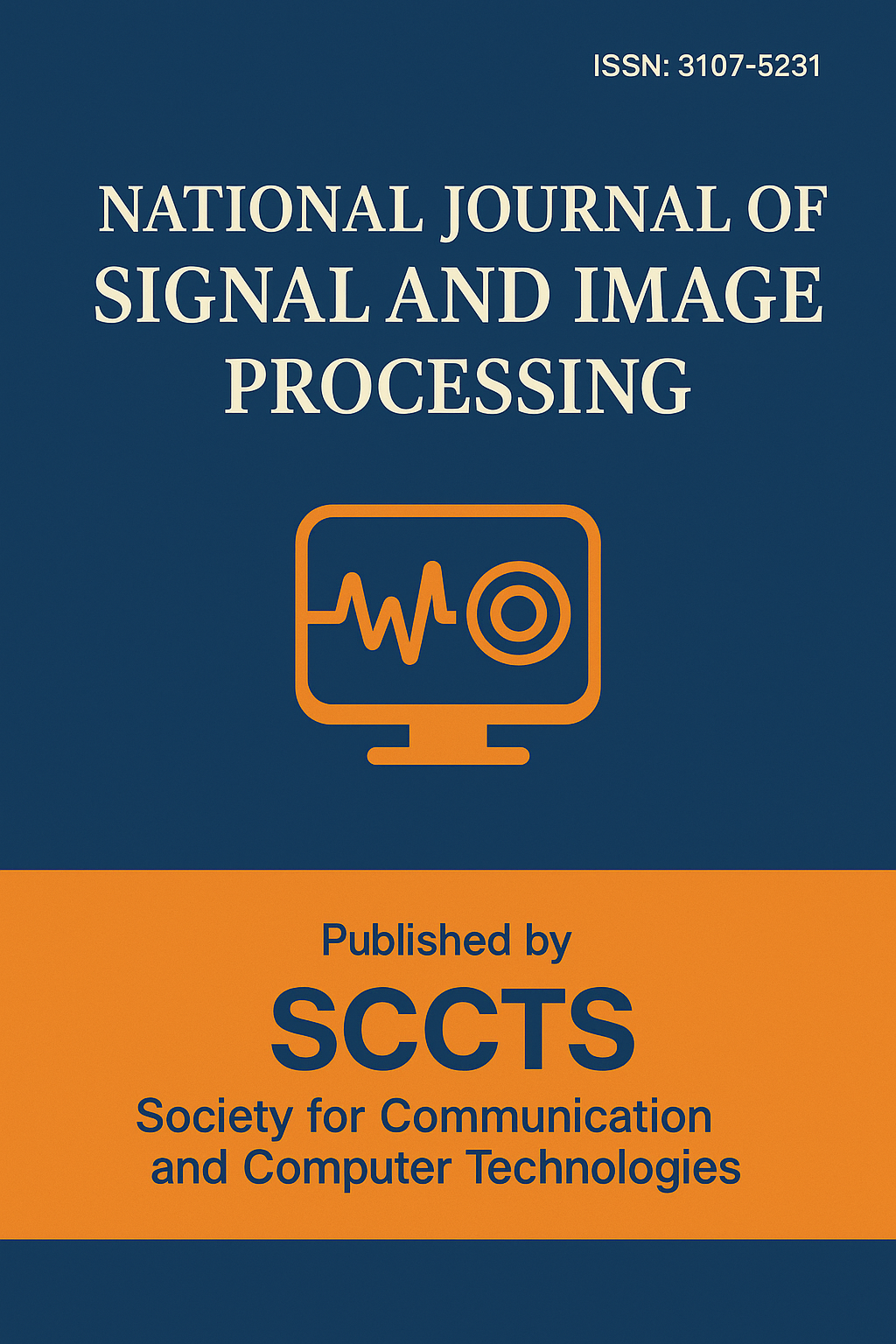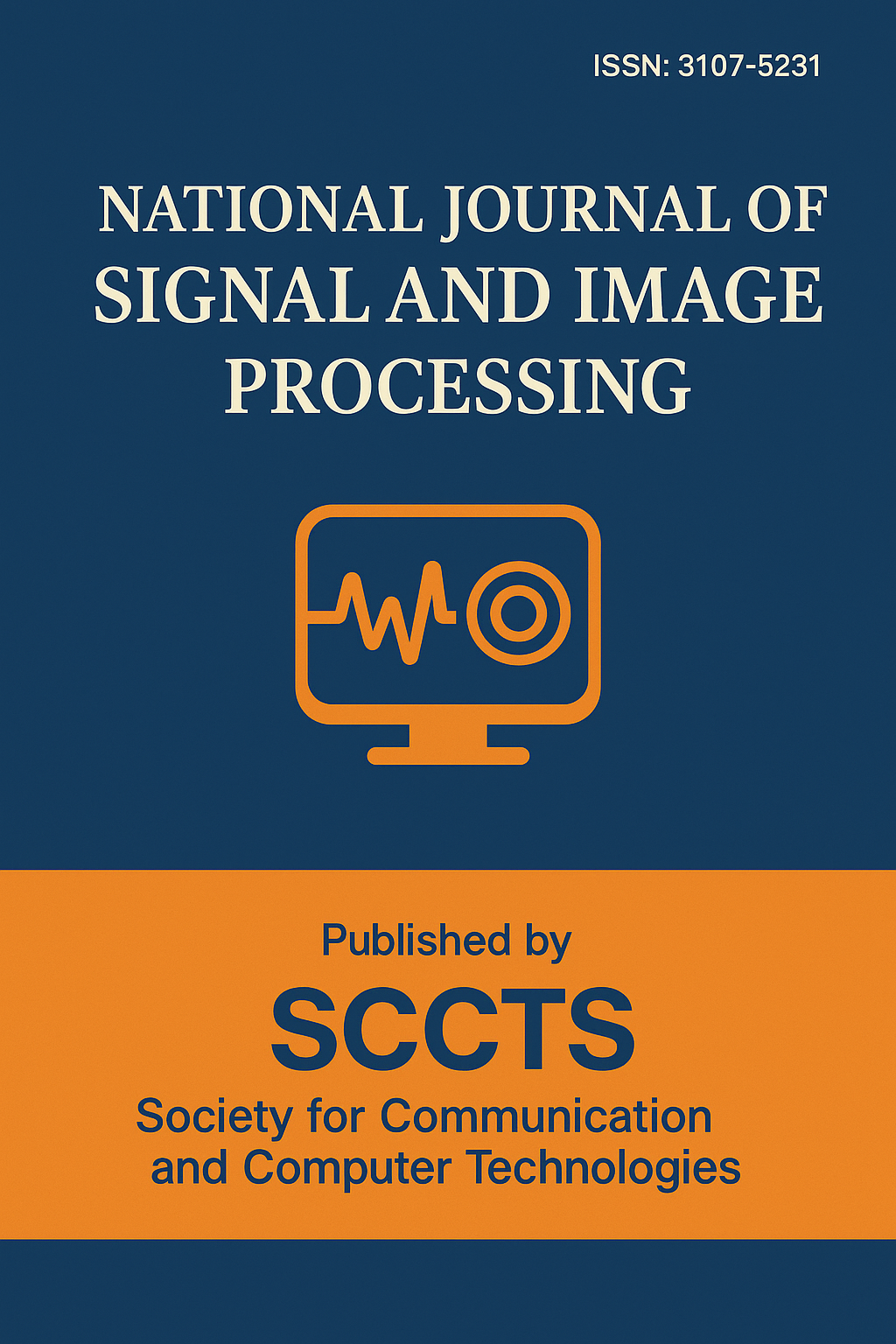Sparse Signal Recovery via Reinforcement-Learned Basis Selection in Wireless Sensor Networks
DOI:
https://doi.org/10.17051/NJSIP/01.01.06Keywords:
Compressive Sensing, Wireless Sensor Networks, Sparse Signal Recovery, Reinforcement Learning, Basis Selection, Signal Reconstruction, Policy GradientAbstract
Efficient and precise recovery of signals continues to be an important challenge in wireless sensor networks (WSNs) due to the limitations experienced in terms of availability of energy, bandwidth and computation from devices. Compressive sensing (CS) has become a game changer to circumvent these limitations due to the sparsity of signal with sub-Nyquist sampling that minimizes transmission overhead. Nevertheless, the performance of CS-based recovery is extremely dependent upon the choice of sparse basis in which the signal exists. Basically, conventional methods use fixed bases; these include Discrete Cosine Transform (DCT), wavelets, or Fourier transforms among others; these fail to adapt to dynamic environmental and signal conditions that are common in practical WSN systems. In an attempt to resolve this gap, this paper introduces a new reinforcement learning (RL) based framework that autonomously chooses the best possible basis function from a preselected plurality according to observed signal attributes. The system uses a policy gradient algorithm to train a lightweight decision-making agent that maximizes reconstruction accuracy at a minimum computational complexity. Proposed RL-based basis selection method has superior performance in the context of MSE, SSIM and runtime efficiency over traditional CS approaches as shown by extensive simulations running on both synthetic and real world datasets. Using this adaptive framework, not only the signal reconstruction fidelity can be improved but also the capability of scaling up and real-time use are possible in heterogeneous WSN cases, which makes this an attractive direction for future intelligent sensor networks as well as edge computing spaces.






